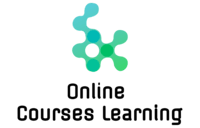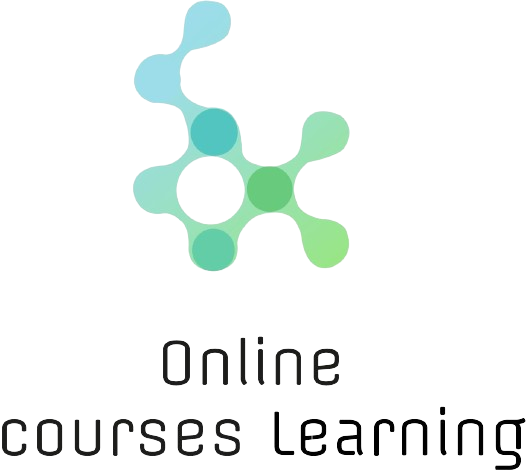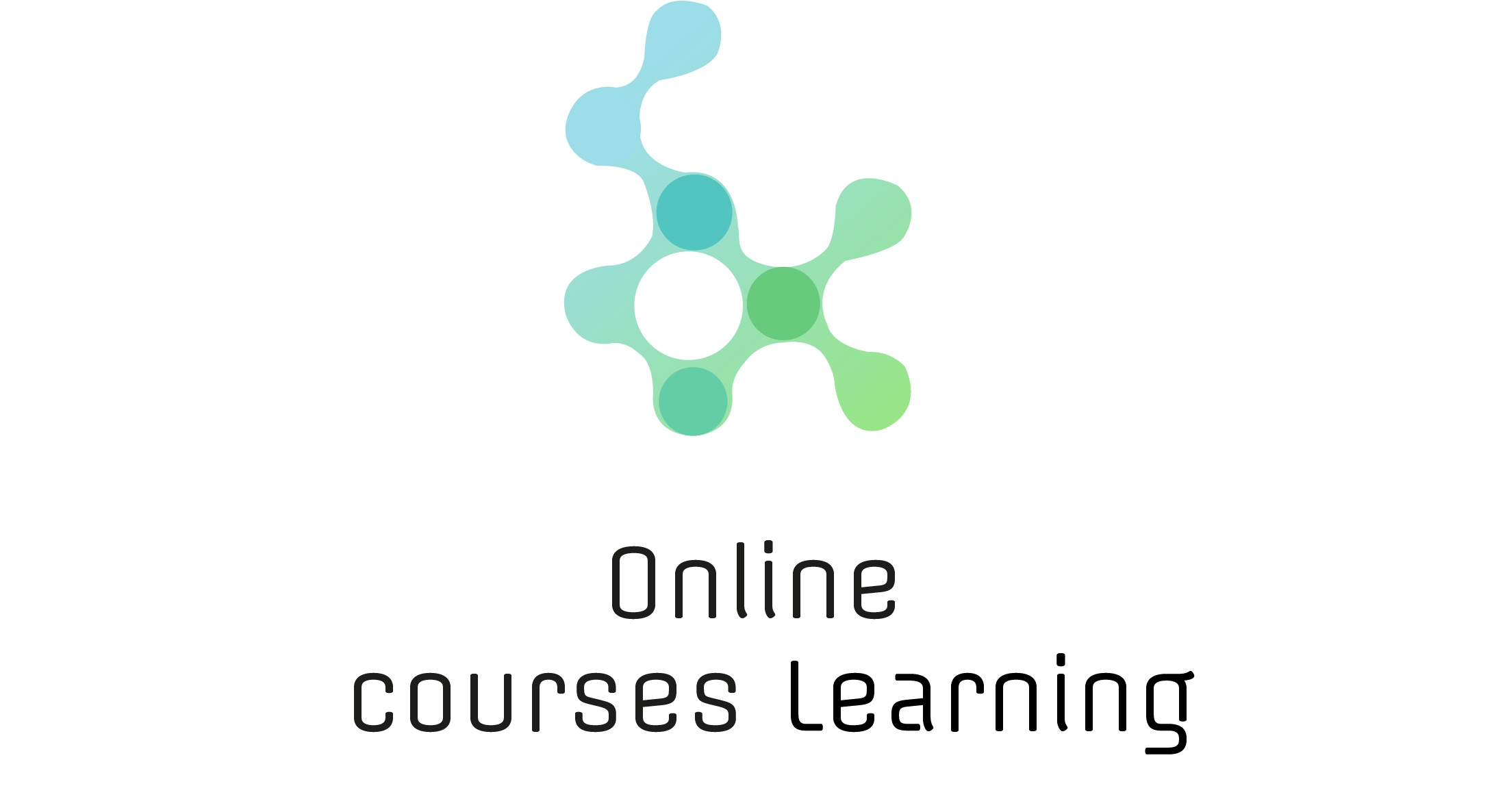The Introduction to Child Counselling course explores the key aspects of what it means to be a child counsellor and the unique skills required for this role. While counselling is a valuable form of therapy for both adults and children, there are important differences between the two. Here, we focus on those distinctions and the specific techniques used when working with children.
You’ll gain insight into the most common approaches to child counselling and the strategies counsellors use to help children navigate challenges in their lives. The course covers the various issues children may face at different stages of development and how to support them by teaching emotional regulation and coping skills.
By encouraging these healthy methods early on, counsellors can help children develop normally and grow into resilient, well-adjusted adults. You’ll also learn which types of behavioural concerns can be effectively addressed through counselling interventions.
- Who is involved in child counselling and what role all the people in a child’s life have to play.
- What the goals of child counselling are and when it can be used to help a child.
- What some of the common terms are related to child counselling.
- Signs that a child could benefit from counselling and some of the common problems they may face.
- What approaches and strategies are used commonly in child counselling.
-
Module 1: Introduction to Child Counselling
-
Module 2: Common Problem Areas
-
Module 3: Common Approaches and Strategies
-
Module 4: Counselling Through The Ages
- Learn useful strategies for counselling children and helping them learn to deal with emotions and challenging situations.
- Understand what exactly child counselling is and why it is different to counselling adults.
- Learn about the differences between counselling different aged children.
- Understand the common challenges and disorders that may present themselves in a child’s life.
- Leave with a comprehensive understanding of different types of counselling and what their benefits are.
How long will I have access to the course material?
Typically, you will have access to the course material for Life-time except for a few that have one year access validity. Please refer to the course description or contact us for more information.
Will I receive a certificate upon completion of the course?
Yes, upon completion of the course, you will receive a certificate of completion. The certificate will indicate that you have successfully completed the course.
Are there any requirements to take the course?
There are no formal requirements for taking our courses.Any interested individual can take them
Is there a time limit for completing the course?
Typically, there is no time limit for completing the course. All our courses are completely self-paced allowing you to study at your own pace.
Is there a test at the end of the course?
Yes you need to take a simple assessment at the end of the course to avail the completion certificate
What happens if I fail the test?
We can reset the test any number of times you want.





